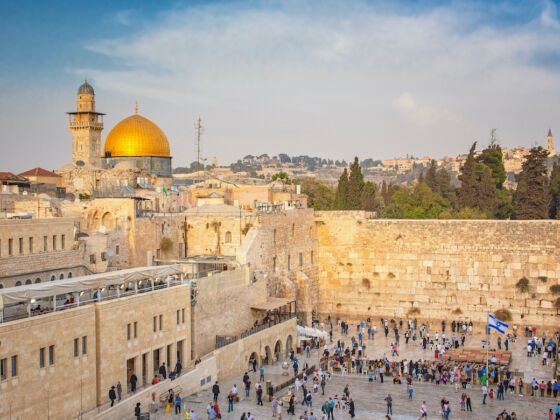Any writing that attempts to tackle “religion” and “fundamentalism” should have an emergency 911 and the address of the writer attached for quick ambulance and police response.
Either he/she is a masochistic mental case or they really need the money to even take on such an assignment. Or maybe both. Well, here I am. You be the judge.
